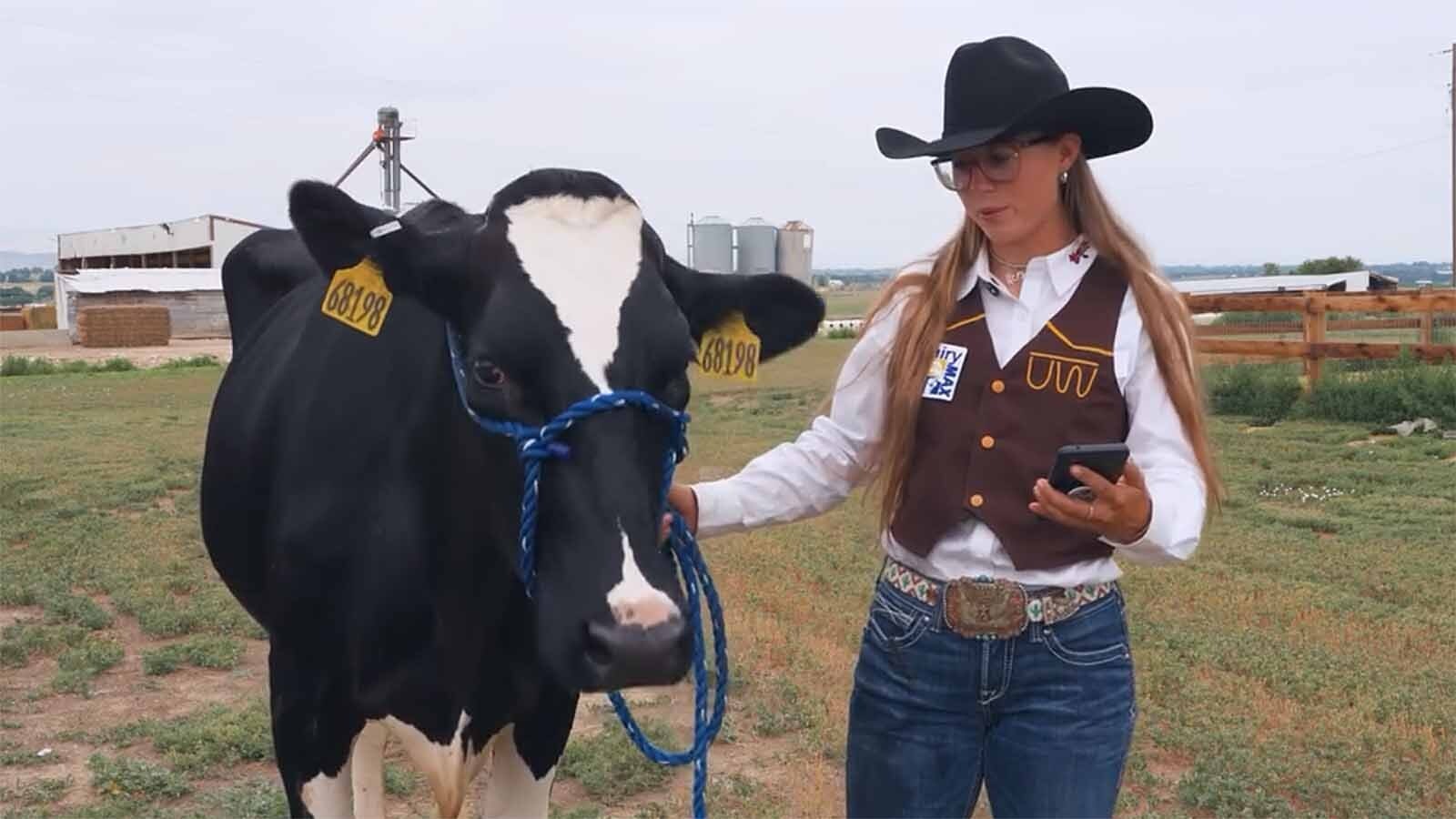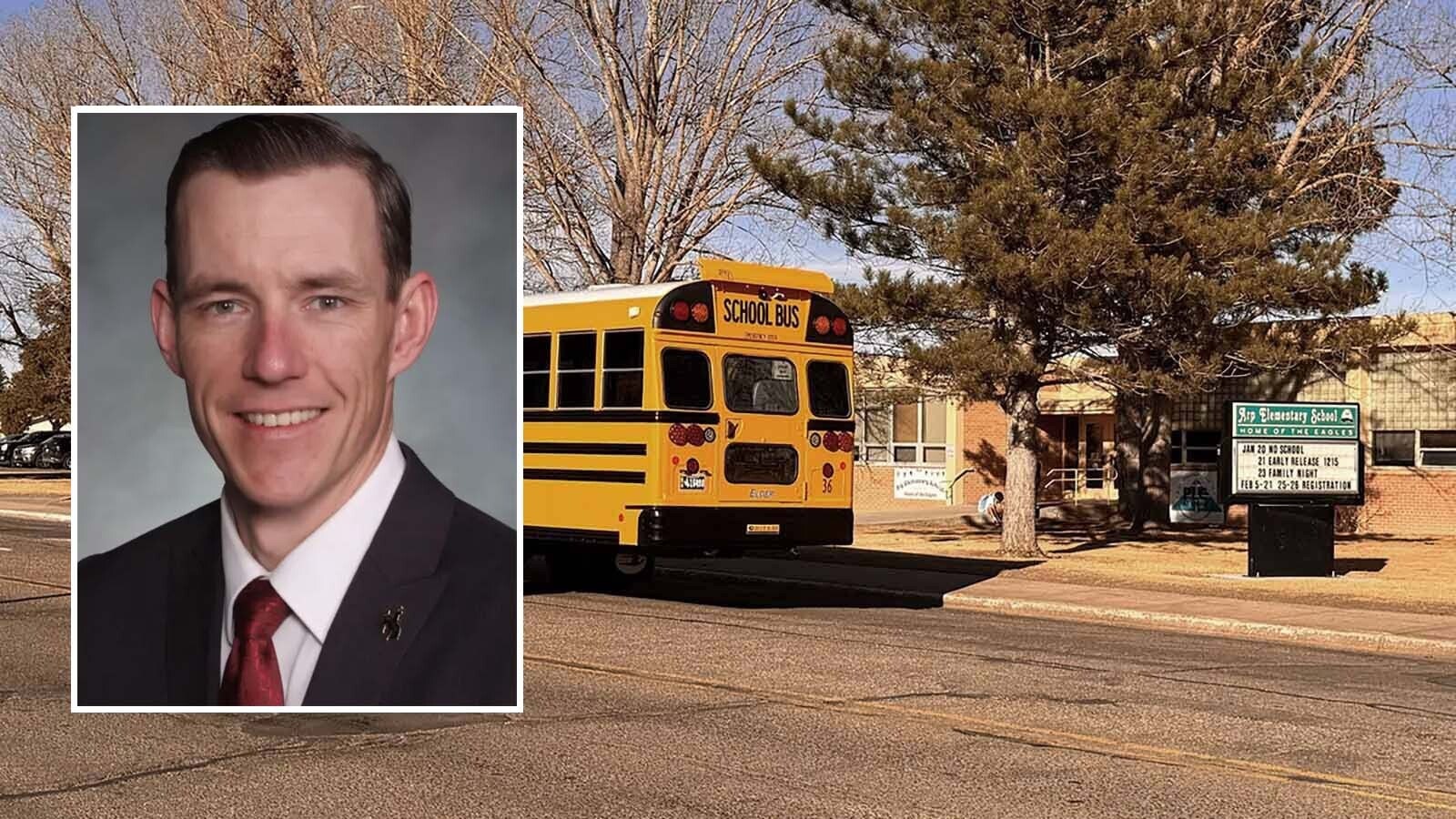The Joint Health, Labor and Social Services Committee of the Wyoming Legislature advanced a bill Thursday that would make people involved with drug overdoses feel more comfortable calling emergency services or law enforcement.
On a 9-1 vote, the committee passed Immunity for Drug Overdose Reporting,” which provides a certain level of immunity from prosecution for people who fulfill a variety of requirements during an overdose event. Bills like these are commonly referred to as “good Samaritan” laws.
Wyoming is the only state without a good Samaritan law for drug overdoses.
Andi Summerville, executive director of the Wyoming Association of Mental Health and Substance Abuse Centers, said fear of prosecution can be a legitimate barrier that prevents people from seeking help when someone’s overdosing on drugs.
“We need to keep them alive and get them to the resources that need some help,” she said.
The bill draft will be taken up as a committee-sponsored bill for the 2025 legislative session.
Last One Left
With Kansas passing a good Samaritan bill this spring, Wyoming became the only state left in the U.S. to not have one.
The bill would shield people from criminal prosecution when found in possession of a controlled substance when they “in good faith” seek medical assistance for themselves or others in the event of a drug overdose. A person would be immune from prosecution as long as:
The possession is connected to the overdose.
They reasonably believe a drug overdose is happening.
They provide a description of the location of the overdose event.
Remain at the scene of the overdose until medical services or authorities arrive.
Cooperate with responders and authorities.
Specifically, the proposed bill would provide immunity for two misdemeanor charges: possession of a controlled substance and use of a controlled substance. Typically, these charges usually result in a small fine and minimal time in jail to those found guilty.
A notable exception is distribution of controlled substances, which would still be illegal in all circumstances. There is no immunity for distributing drugs.
Imposing Limits
State Rep. Jeanette Ward, R-Casper, questioned how the legislation would apply for people who use the law to get immunity on multiple occasions. She successfully brought an amendment limiting immunity to two times. Similar limits exist in North Dakota (one-time immunity) and Ohio (two-times), according to The Network For Public Health.
There was nothing written in the bill as originally drafted that would have prevented multiple cases of immunity for a person as long as all other conditions of the law are met.
“Ten times they called for help because they had an overdose,” she said. “I don’t see any provision in there that would prevent that sort of thing from happening.”
Rep. Dan Zwonitzer, R-Cheyenne, initially expressed hesitancy about the amendment, saying it would put additional reporting requirements on law enforcement officers to track the number of times immunity had been claimed and continue to put a “chilling effect” on people reporting overdoses.
“There’s just some questions I think would need to be fleshed out a little more. The concept I think is fine, the details are giving me a little pause,” he said.
Rep. Mike Yin, D-Jackson, countered Ward’s argument, saying someone who receives immunity multiple times would already be in violation of the “good faith” language of the bill. He also warned confusion could arise for people who have claimed immunity for themselves before and may be reluctant to report a friend who is overdosing.
“I think that’s not something we necessarily want to incentivize if we’re going to bring forward a good samaritan law at all,” he said.
Ward then withdrew her amendment and successfully passed a new one clarifying that the immunity cap would only apply to people using it to report their own overdoses in one calendar year.
Sen. Lynn Hutchings, R-Cheyenne, spoke in favor of the limitation and voted for the bill, but claimed that “the average person on drugs isn’t going to care about the law because they’re doing something unlawful anyway.”
Rep. Ben Hornok, R-Cheyenne, was the only member of the committee to vote against the draft bill.
Backstory
Hutchings expressed curiosity about the inspiration for Wyoming to have a good Samaritan law.
Zwonitzer mentioned how he had co-sponsored a similar bill brought by former Democratic state legislator Charles Pelkey in 2017 and thought it would be a good topic for the committee to discuss during the interim session. That bill died on a 15-15 vote in the Senate after passing the House by an overwhelming majority. The bill considered Thursday was written very similarly.
Zwonitzer said it was also around 2017 that other overdose treatment approaches were starting to gain prevalence in Wyoming such as the use of Narcan to stop overdoses.
Jen Davis, head of Health and Human Services for Gov. Mark Gordon, said the governor has no position on the bill.
She recommended that the committee study similar laws passed in other states. New Mexico was the first state to pass a good Samaritan law in 2007, and since that time 48 other states have passed their own versions.
“We know that liability can sometimes be paralyzing for some individuals to act,” Davis said.
Since Washington passed its law in 2010, Lindsay Simineo of the Wyoming Counseling Association said there has been a 15% reduction in overdose deaths there.
However, there are also proven shortcomings in these laws because of a lack of knowledge about their existence by people and emergency staff, research from the Journal of Urban Health and other sources show.
Law Enforcement Supports It
The Wyoming Association of Sheriffs and Chiefs of Police supports the bill.
Allen Thompson, executive director of the organization, said it could also potentially save the lives of law enforcement officers handling highly potent drugs like fentanyl by encouraging people to be honest about the drugs in their possession.
He also mentioned how just because there’s immunity built into the law that won’t prevent law enforcement from pursuing other charges against people like distribution. Thompson also expressed doubt that hospitals are currently reporting people who seek overdose treatment to law enforcement for drug possession.
“I don’t see this as a way to lose out on prosecution of people that need to be involved in the criminal justice system,” he said. “If anything, it would encourage people to do the right thing and get on that path toward treatment.”
Rep. Sarah Penn, R-Fort Washakie, expressed concern that the bill could be abused by people using drugs who could report an overdose on themselves to get out of prosecution. Thompson acknowledged this as a legitimate concern, but added that those same people are probably already seeking medical assistance.





